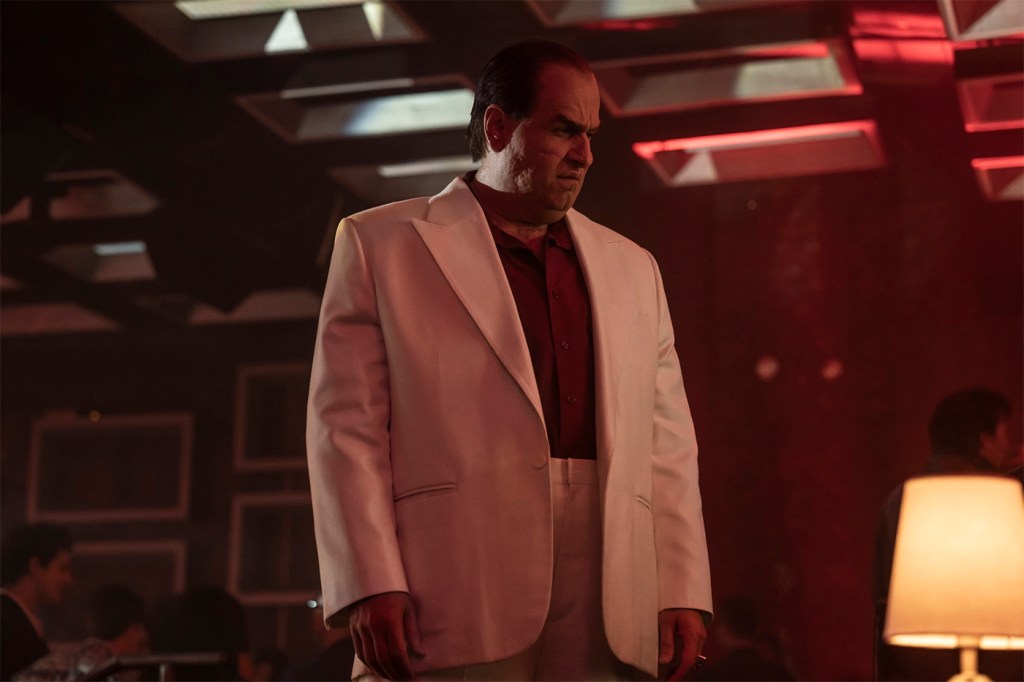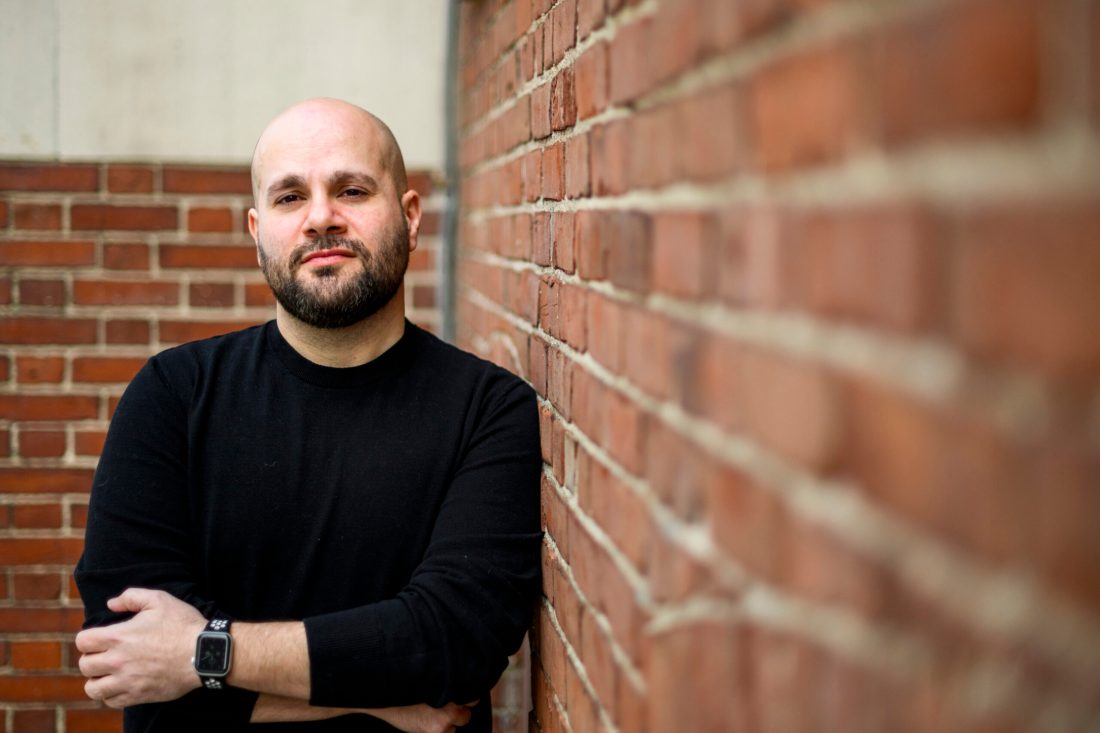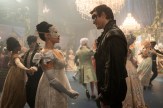‘The Penguin’ is one of the biggest TV hits of the year. But will Hollywood take away the right lessons?
At a time when superhero stories are losing steam, ‘The Penguin’ found success not with superpowers but a gritty crime story. A Northeastern expert says it could be a model for studios moving forward.

Despite the flightless nature of its namesake, HBO’s Batman spinoff “The Penguin” is flying high, staking its claim as one of the biggest TV hits of the year.
At the beginning of the year, most people outside the DC Comics diehards likely didn’t have “The Penguin” on their radar, for good reason. The show is centered around Colin Farrell’s near-caricaturish mobster Oswald Cobblepot (aka The Penguin), a well-known Batman villain but one who functioned as the tertiary antagonist in 2022’s “The Batman.”
But slowly the show amassed more and more of an audience, something that is rare in the world of TV. Week after week, viewers tuned in to a show that more closely resembled “The Sopranos,” with its backstabbing, warring gangs and mobsters with mommy issues, than a superpowered comic book story.
With its first season complete, “The Penguin” now sits right behind other HBO hits such as “House of the Dragon” and “The Last of Us” in terms of viewership for a debut season.
At a time when the superhero bubble has burst, there are a lot of lessons to learn from the success of “The Penguin,” says Steve Granelli, an associate teaching professor of communication studies at Northeastern University. Hollywood just needs to learn the right ones.

Granelli notes that there is very little about “The Penguin” that is new. It’s both another story about organized crime with understandably repellent antiheroes and another Batman (or Batman-adjacent) story.
“‘The Penguin’ is tackling very old themes and old storylines,” Granelli says. “But it shows that we were missing a lot of those classic stories done well. Not only were we missing a lot of those classic stories done well, [but] we were missing the transition of those stories to the streaming model.”
Editor’s Picks
“It gave me a feeling that I haven’t had for that type of gritty episodic story –– and this is going to be high praise –– since ‘The Sopranos,’” Granelli adds. “I’m more interested to see the stories that come in the wake of the success of ‘The Penguin,’ the ones that maybe show a rededication to more serious characters and dealing with serious themes where we don’t have to deal with superpowers.”
Because of its connection to Batman, “The Penguin” begins with a certain level of inherent buy-in from the audience. “The Batman” was a big success in its own right, and audiences are interested to see the next chapter in this more gritty version of Gotham City’s story. But Granelli says the success of “The Penguin” comes down to how well it threads the needle between functioning as a standalone story and a part of the larger story told in Matt Reeves’ “The Batman” universe.
“For ‘The Batman’ fans, within all those embedded mafia stories and within everything else, there were more than enough tiny, little Easter eggs, little questions that forced you to keep watching,” Granelli says. “They’re in there to keep the Batman fans interested, but even if they don’t come to a resolution, it’s fine. The story was good enough that it kept people interested and engaged.”
In that way, “The Penguin” sits at odds with how the biggest player in superhero storytelling, Marvel, has been charting its course on TV.
When Marvel Studios announced it would be expanding its interconnected universe of heroes and plotlines to television on Disney+, it sounded novel. But the sheer volume of TV shows the studio pumped out resulted in diminishing returns, Granelli says. For the audience, it became clear that the Marvel stories told on TV had little bearing on its larger cinematic universe, which made it harder to invest the time and energy into each new piece of the puzzle.
“People got a little inured over time,” Granelli says. “The shows haven’t felt as important, and they have varying degrees of success and varying degrees of cultural impact.”
Marvel Studios has also struggled to justify the expanded runtime of some of its TV shows, Granelli says. Some shows have benefited from the episodic format, while others resemble movie-length stories stretched thin across eight to 10 episodes.
“The Penguin” takes a different approach, Granelli notes. It stands alone as a piece of TV, fully embracing the episodic format, while only mentioning Bruce Wayne, his bat-eared alter ego or the broader Batverse when it’s absolutely necessary. Story and character come first, Granelli says, not the IP.
“What we’re getting is a better idea of what stories fit with what medium and then in what release schedule. DC, specifically, and Warner Bros. can learn from Marvel’s mistakes,” Granelli says. “Hopefully this can be a model going forward for Max and for other streamers.”
Granelli doubts that “The Penguin” will be a massive sea change for the industry. It’s hard for any show to make that kind of impact at a time when a 14% dip in production still means 516 TV shows aired in 2023. But he hopes “The Penguin” showed that, in an era of binge releases and overwhelming amounts of content, the idea of a watercooler show isn’t a thing of the past.
“I want those monoculture moments,” Granelli says. “I want people getting engaged in something and getting drawn in by great performances and great stories. This is proof that it can still happen with a streamer. … We just need to see more of it.”











